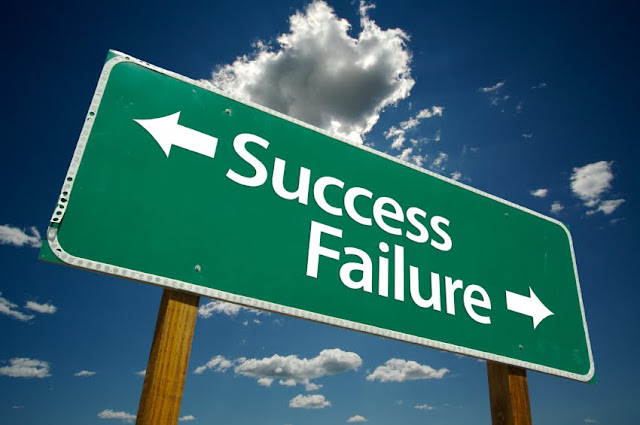
The common thread is the cost and utility of a college education. It was a topic that coincidentally was addressed on MSNBC's Morning Joe, where Education Secretary Arne Duncan announced a new plan by the administration to shift federal dollars away from schools that don’t “make the grade.” Said Duncan:Historically, we've funded universities whether or not they've done a good job of graduating people, whether or not they've done a good job of keeping down tuition.Needless to say, the plan—the particulars of which will be unveiled by the president in a speech on Friday—calls for more spending, increasing aid for Perkins loans and work study programs by $7 billion, so that we as a nation can “educate our way to a better economy.”Mead doesn’t come out and say it, but his blog post—ultimately a cry from the wilderness—is imbued with a longing for an alternative. Luckily, one is on the horizon. Richard Vedder writes in The Chronicle of Higher Education of an agreement between a company called “StraighterLine and the Education Testing Service (ETS) and the Council on Aid to Education (CAE) to provide competency test materials to students online” for placement in the world of work.To understand the failures of our higher educational system, one need look no further than college classes on topics ranging from ‘Puppetry’ to ‘Surfing and American Culture’ which provide little educational value, no marketable skills, and essentially serve to defraud irresponsible college students (and their parents) out of tuition money and student loans.
StraighterLine, Vedder explains, is a company that provides high-quality college-level courses online at comparatively modest fees. Its partnering with ETS, creator of the SAT and other widely used standardized entrance exams, and CAE, described by Vedder as “a powerhouse organization, with a board laden with leaders from the college world,” is the sort of thinking outside the box that the Obama administration should applaud.
Full article: Suppose American universities gave courses and nobody cameTogether, the three would give colleges the run for their money Duncan seems to be envisioning in his comments. As Vedder notes:[C]onsumers typically have believed that there are no good substitutes [to college]—the only way a person can certify to potential employers that she/he is pretty bright, well educated, good at communicating, disciplined, etc., is by presenting a bachelor’s degree diploma…. Because of the lack of good substitutes, colleges face little outside competition and can raise prices more, given their quasi-monopoly status.
Those subsidies do little to promote free market competition, reducing risks of loss on bad investments, passing them on to the taxpayers. I can think of a few private and public universities that underperform, yet consume heavy taxpayer-subsidized funding in the face of failure. Actually, I can think of a few other industries that fit that mold as well.
Stop Subsidizing Obesity | U.S. PIRG
How Farm Subsidies Harm Taxpayers, Consumers, and Farmers, Too
RELEASE: Big Oil Pumps Up Profits with Taxpayer Subsidies as ...
No comments:
Post a Comment